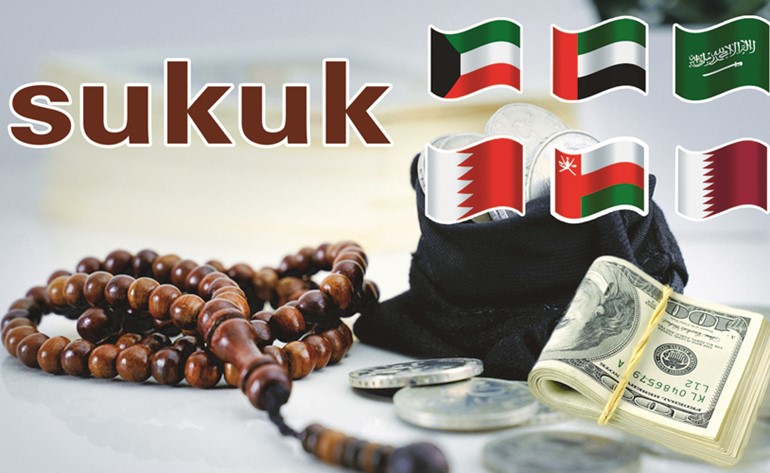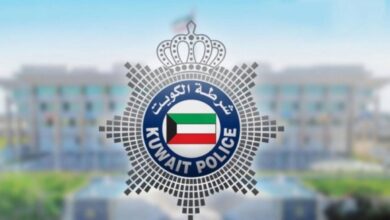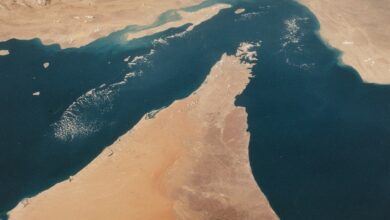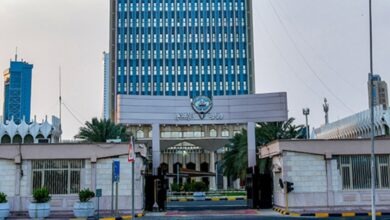Middle East Banks, and GCC states eye diversified financing amid growing sukuk market
While Fitch does not classify these sukuks as asset-backed, these changes reflect an evolution in the legal and structural framework. Transfer of asset ownership in bankruptcy remains largely untested legally, and some national laws restrict such transfers to foreign investors.

Bashar Al-Natour, Global Head of Islamic Finance at Fitch Ratings, said banks in the Middle East continue to rely heavily on deposits as their main source of funding, despite a growing push to diversify funding channels, particularly in Saudi Arabia, where financing growth is outpacing deposit accumulation.
In an interview with Al Arabiya Business, Al-Natour noted that the culture of diversifying funding sources has expanded beyond governments to include banks and companies across the region. He added that several countries, even amid rising oil prices, continue to issue sukuk and bonds to enhance financing flexibility.
Al-Natour forecasted interest rates to close the current year around 4% before declining to approximately 3.25% in 2026, pointing out that lower rates incentivize issuers—whether banks, corporations, or governments—to restructure existing debt or secure long-term borrowing at reduced costs, reports Al-Anba daily.
Regarding the sukuk market, Al-Natour explained that recent government issuances in Saudi Arabia and the UAE included clauses allowing asset transfer and registration in investors’ names in the event of bankruptcy.
While Fitch does not classify these sukuks as asset-backed, these changes reflect an evolution in the legal and structural framework. He cautioned that the transfer of asset ownership in bankruptcy remains largely untested legally, and some national laws restrict such transfers to foreign investors.
Looking ahead, Al-Natour expects heightened activity in Islamic debt markets, fueled by a more flexible financing environment and growing interest from banks and financial institutions seeking stronger capital market presence.
Last September, Gulf countries seized the opportunity of historically low spreads over US Treasury bonds to issue over $27 billion in dollar-denominated bonds and sukuks.
Saudi Arabia, Abu Dhabi, Bahrain, and Kuwait led the surge, marking the region’s most active month for debt issuance in recent years. This wave of issuance reflects strong investor demand, reinforced by expectations of continued US Federal Reserve rate cuts.
Follow The Times Kuwait on
X, Instagram and Facebook for the latest news updates












